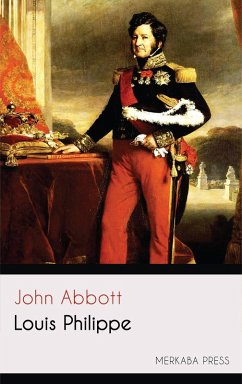Monsieur married, as his first wife, the beautiful Henrietta Stuart, daughter of the unfortunate Charles I. of England. Her mother was Henrietta of France, the daughter of Henry IV., and sister of Louis XIII. She died in the bloom of youth and beauty, of poison, after the most cruel sufferings, on the 27th of June, 1669. Philippe took as his second wife Elizabeth Charlotte, daughter of the Elector Charles of Bavaria. By this marriage he left a son, Philippe, who not only inherited his father's almost boundless wealth and princely titles, but who attained wide-spread notoriety, not to say renown, as the regent of France, after the death of Louis XIV., and during the minority of Louis XV. The regent was a man of indomitable force of will. During his long regency he swayed the sceptre of a tyrant; and the ear of Europe was poisoned with the story of his debaucheries.
Dieser Download kann aus rechtlichen Gründen nur mit Rechnungsadresse in A, B, BG, CY, CZ, D, DK, EW, E, FIN, F, GR, H, IRL, I, LT, L, LR, M, NL, PL, P, R, S, SLO, SK ausgeliefert werden.









